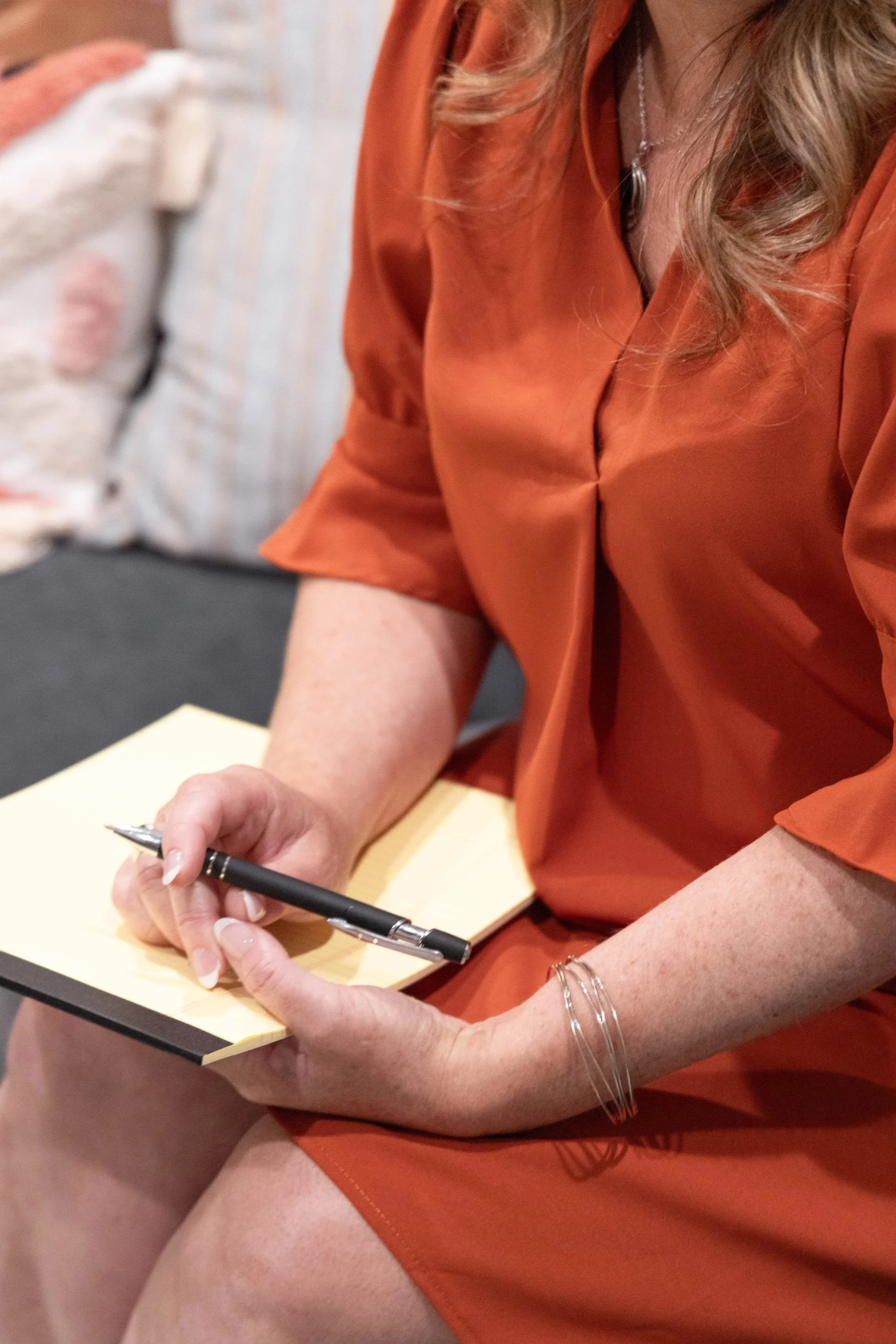We Are Made To Heal: Neuroplasticity and Healing from Trauma
One of my favorite things to equip my clients with is an understanding of neuroplasticity, the brain’s ability to change and grow.
When we begin to expand our understanding of healing in therapy, beyond emotional healing and including biological healing, it can bring a powerful sense of hope. The brain is not fixed or broken; it’s adaptable. Even after trauma, our minds are capable of creating new pathways for safety, connection, and peace.
Neuroplasticity is our brain’s natural capacity to change and rewire itself. As we learn, experience new things, and move through life, our brains create new neural pathways that support growth and resilience.
Trauma can also change the way our brains look and respond. It can alter how we process safety, memory, and emotion, but (thankfully) that doesn’t have to be the end of the story. Change is still possible. The same brain that adapted to survive is capable of adapting to heal.
Healing through neuroplasticity happens gradually, over time and with repetition. Little by little, the brain learns new ways of being. We can support this natural process by caring for our bodies and minds in the following ways: through adequate sleep, physical movement, and experiences that challenge us to learn and engage with life in new ways.
For those living with symptoms of PTSD or complex trauma (CPTSD), it may not feel like focusing on neuroplasticity is enough. Healing often requires support. Working alongside a trauma-sensitive therapist who understands how to harness the brain’s natural capacity for growth can be both empowering and deeply restorative.
It is hopeful and beautiful that we were created to heal, learn, and grow. It’s written into our biology.
Here at Atlanta Wellness Collective, we want to help. For support, contact us or schedule an appointment online.
This blog post was written by Kate Rayfield.
This blog is not intended to substitute professional therapeutic advice. Talk with your healthcare provider about your health concerns and before starting or stopping therapies. No content on this site, regardless of date, should ever be used as a substitute for direct professional advice from your doctor or other qualified clinician.
VISIT US ON INSTAGRAM @atlwell





